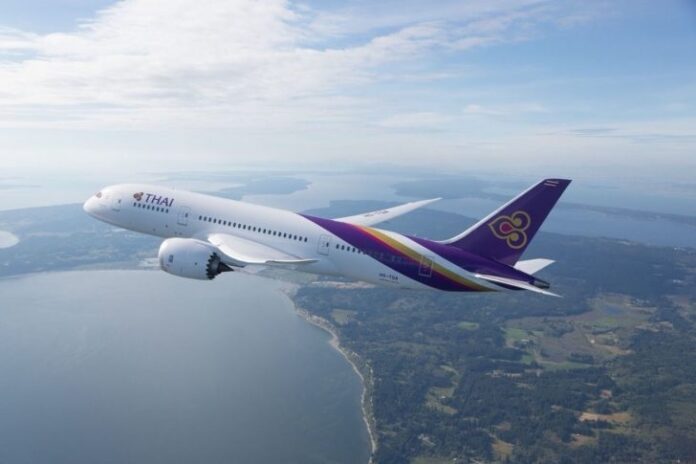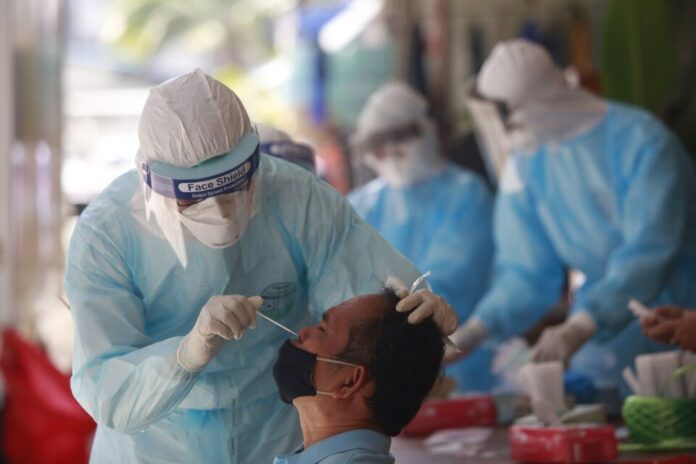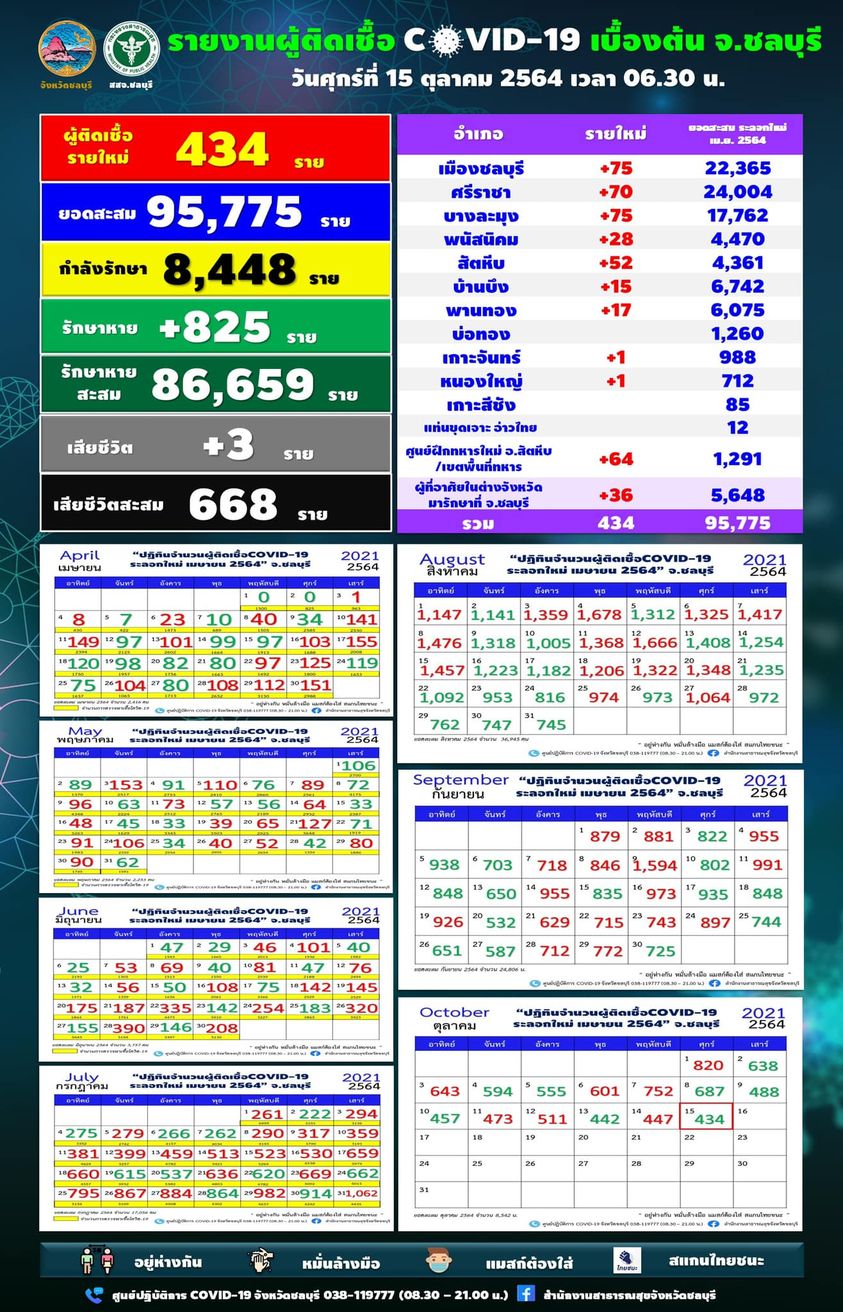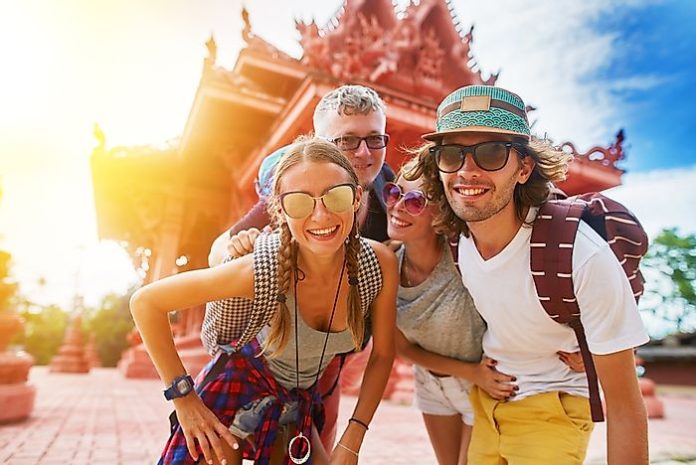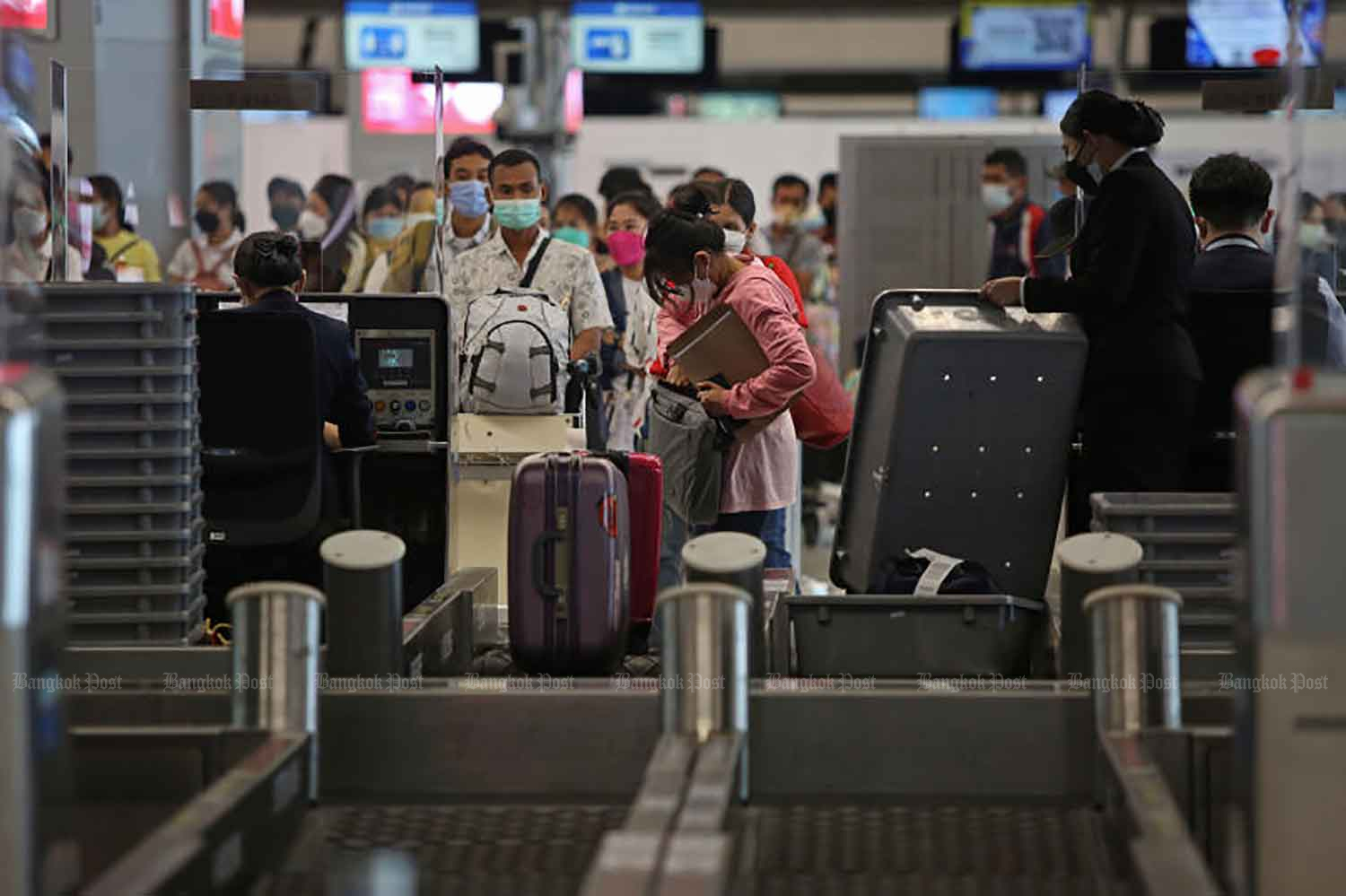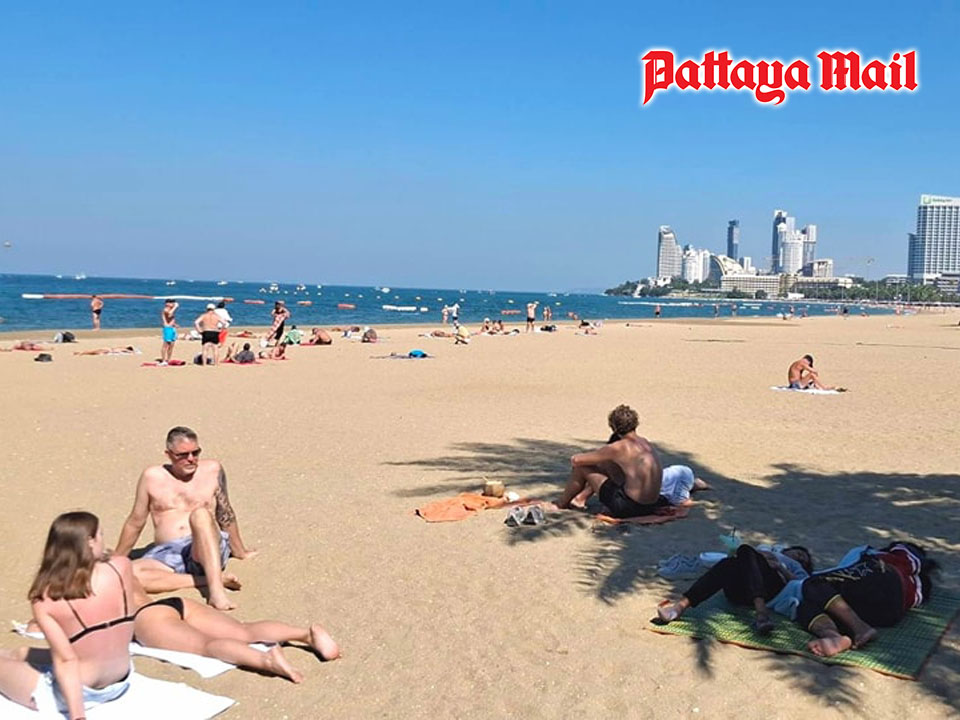
Bangkok is set to reopen to fully vaccinated international visitors next month with "swab hubs" being set up to test tourists upon their arrival in the capital.
Bangkok governor Pol Gen Aswin Kwanmuang said that the government has laid down a policy to reopen the country on Nov 1 and precautions include testing and quarantine measures.
As for the shortening of nighttime curfew hours starting on Saturday, City Hall will wait for an official announcement of the easing of virus curbs to be published in the Royal Gazette, Pol Gen Aswin said, adding that details regarding countdown events will then be discussed.
Pol Capt Pongsakorn Kwanmuang, City Hall spokesman, said that City Hall has put in place measures to welcome back foreign visitors that are in line with the government's reopening plan.
Bangkok needs to try and prevent transmissions among residents and foreign visitors so City Hall will set up Covid-19 screening points in the capital, similar to Phuket, he said.
In Phuket, screening points are set up at hotels where tourists check-in. But City Hall plans to set up swab hubs across the capital to carry out swab tests on foreign visitors. They will then be quarantined at hotels and wait for the result of RT-PCR tests, the spokesman said.
Measures will also be in place to contain transmissions, particularly at night entertainment venues which may be allowed to resume operations on Dec 1.
Measures include carrying out rapid antigen tests and administering vaccines in Bangkok's popular tourist spots, Pol Capt Pongsakorn said.
Asked about the Tourism and Sports Ministry's plan to invite Andrea Bocelli, the world-renowned Italian opera tenor, to perform at a countdown event in Bangkok, Pol Capt Pongsakorn said that City Hall cannot make a decision on the matter as approval must be sought from the Public Health Ministry and the Centre for Covid-19 Situation Administration (CCSA).
CCSA assistant spokeswoman Apisamai Srirungson said that the centre has come up with a host of strategies for the country's safe reopening.
They include taking precautions to contain transmissions among at-risk and vulnerable groups and building public confidence about the so-called "new normal" way of life.
She also said the CCSA on Friday discussed a proposal by the Foreign Affairs Ministry for foreign visitors who have received two vaccine shots with the result of RT-PCR test before arrival to use the Thailand Plus tracing app instead of the certificate of entry, Dr Apisamai said.
She added that this will reduce their time of seeking permission to enter Thailand from 3-6 to 1-3 days.
Chiang Mai governor Prachon Pratchsakul has also welcomed the government's Nov 1 reopening plan, saying the northern province will welcome back foreign tourists despite some new infection clusters detected recently.
He said that one of the major clusters is centred around a market that has been ordered closed for 14 days.
The governor was confident that the cluster will be brought under control before the reopening date.
The Charming Chiang Mai tourism promotion project will also be launched to cover 25 districts of the northern provinces with about 1,000 Covid-free "blue zone" villages taking part in the project, the governor said.
On Monday, Prime Minister Prayut Chan-o-cha said the government will reopen the country to fully vaccinated tourists from low-risk countries without quarantine on Nov 1, in what is seen as a key effort to boost the economy.
The CCSA has also eased additional virus curbs, including shortening nighttime curfew hours starting today.
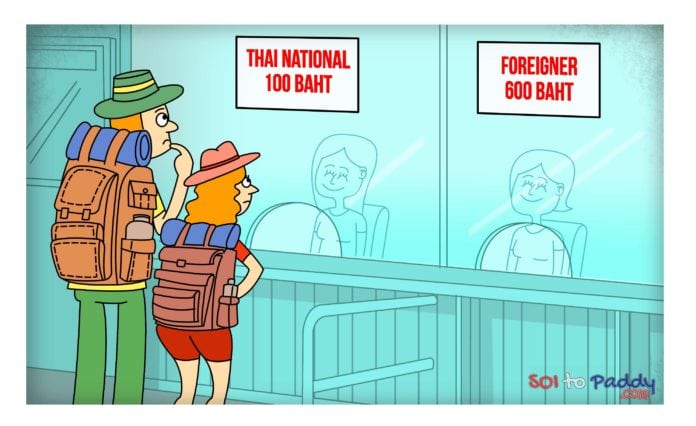
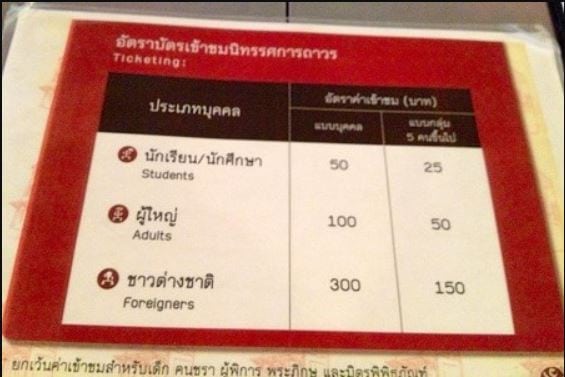 Many times, you simply won't be able to negotiate with staff because they have no authorization to give you a lower price.
Many times, you simply won't be able to negotiate with staff because they have no authorization to give you a lower price.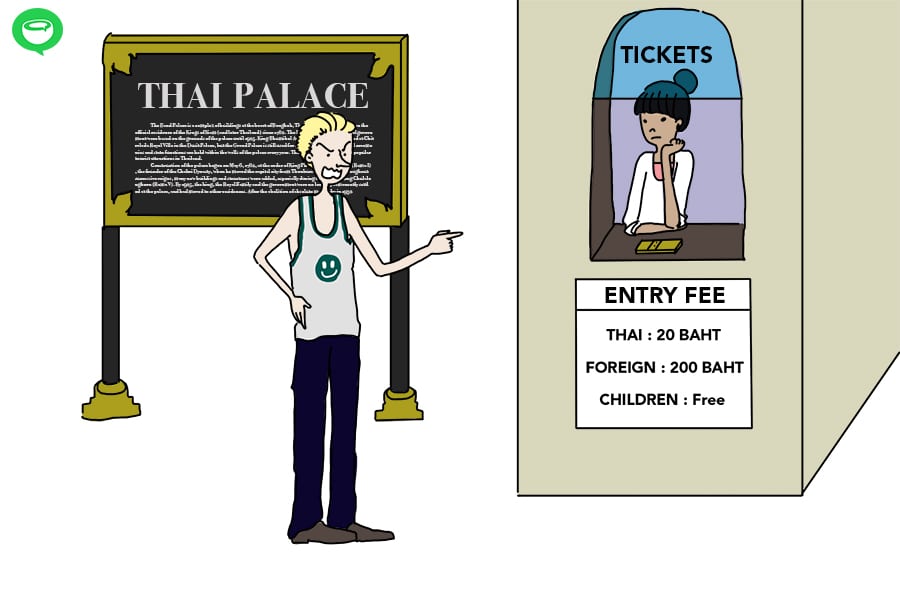 Rather than get into a brawl with your local fruit seller, the best way to deal with a vendor that insists on dual pricing is to simply not buy from them.
Rather than get into a brawl with your local fruit seller, the best way to deal with a vendor that insists on dual pricing is to simply not buy from them.


